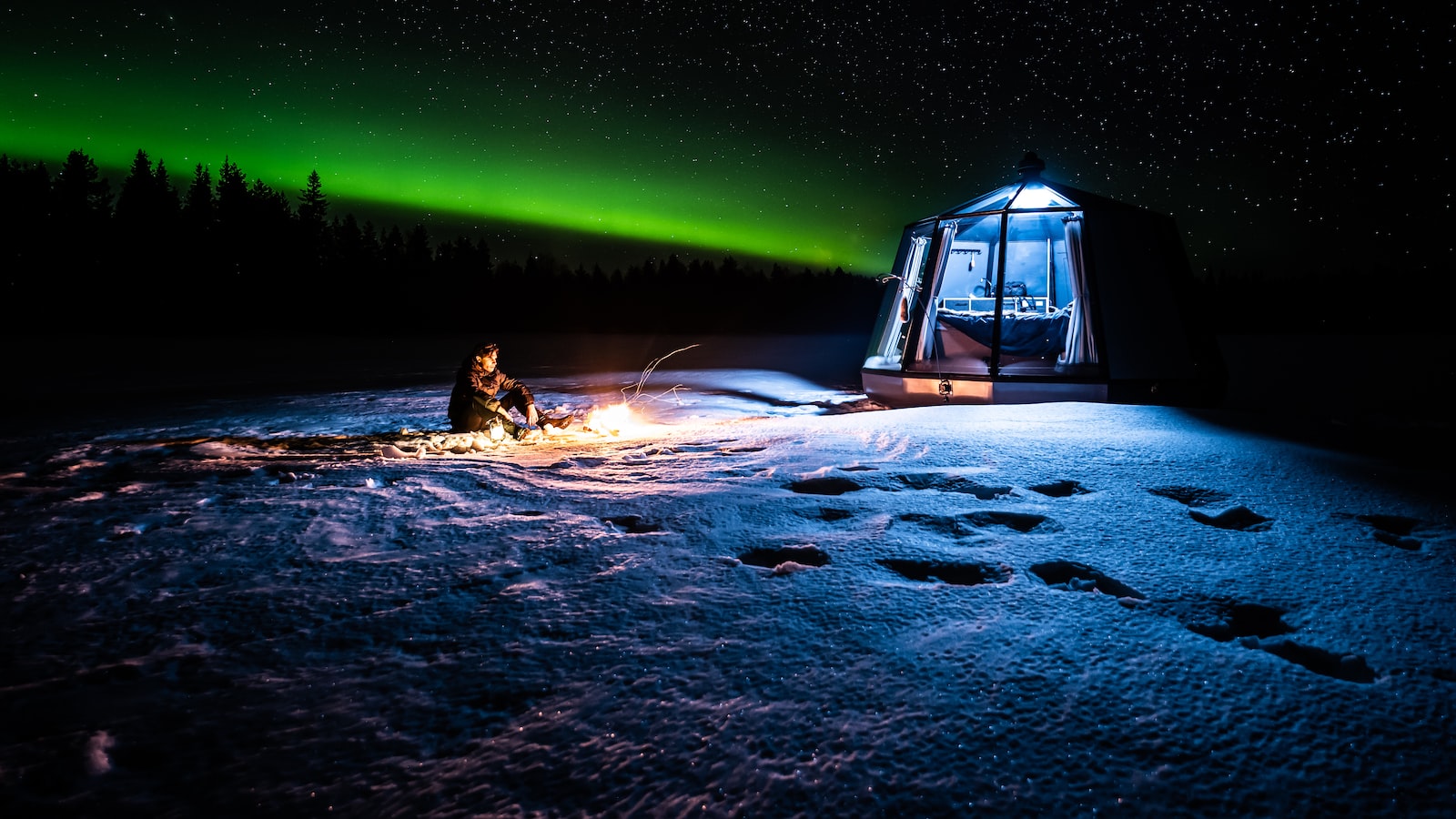‘Critical strategic importance’ says the US as Russia reopens hundreds of Soviet-era military sites in the region and China describes itself as a ‘near-Arctic’ state.
Published On 27 Aug 2022
The United States plans to name an ambassador at large for the Arctic – reflecting the region’s growing strategic and commercial importance as its shrinking ice opens up new sea lanes and vast oil and mineral resources.
“An Arctic region that is peaceful, stable, prosperous, and cooperative is of critical strategic importance to the United States,” the US Department of State said.
“As one of eight Arctic nations, the United States has long been committed to protecting our national security and economic interests in the region, combating climate change, fostering sustainable development and investment, and promoting cooperation with Arctic States, Allies, and partners,” it said.
The eight Arctic nations are Canada, Denmark, Finland, Iceland, Norway, Sweden, Russia and the United States.
Russia has reopened hundreds of Soviet-era military sites in the region, NATO Secretary-General Jens Stoltenberg said on Friday, a day after visiting the Arctic, saying Russian capabilities there pose a strategic challenge to the 30-nation alliance.
‘Polar Silk Road’
Russia’s February 24 invasion of Ukraine, which Moscow calls a “special military operation,” has heightened Western concerns about Russian ambitions around the world.
China, which describes itself as a “near-Arctic” state, also has ambitions in the region and has said it intended to build a “Polar Silk Road”. China has its eye on mineral resources and new shipping routes as ice caps recede with rising temperatures.
In a statement on Friday, the Department of State said President Joe Biden planned to elevate the area’s importance within the US government by nominating an ambassador-at-large for the Arctic region, subject to the Senate’s advice and consent.
It did not say who would be nominated.
“The high north is strategically important for Euro-Atlantic security,” Stoltenberg told a news conference at an air base in Canada, noting with Finland and Sweden joining, seven of eight Arctic states will be NATO members.
“The shortest path to North America for Russian missiles and bombers would be over the North Pole,” he warned. “This makes NORAD’s role vital for North America and therefore also for NATO.”
NORAD is the North American Aerospace Defense Command, a US-Canadian organisation.
‘Challenges our values’
Stoltenberg also expressed concerns about China’s reach into the Arctic for shipping and resources exploration, with plans to build the world’s largest icebreaker fleet.
“Beijing and Moscow have pledged to intensify practical cooperation in the Arctic. This forms part of the deepening strategic partnership that challenges our values and our interests,” Stoltenberg said.
NATO, he said, must respond with an increased presence in the far north and investment in new capabilities.
He noted climate change posed new “security challenges” that require a fundamental rethink of NATO’s Arctic posture.
“Climate change is making the high north more important because the ice is melting and it’s becoming more accessible both for economic activity and for military activity,” he explained.

